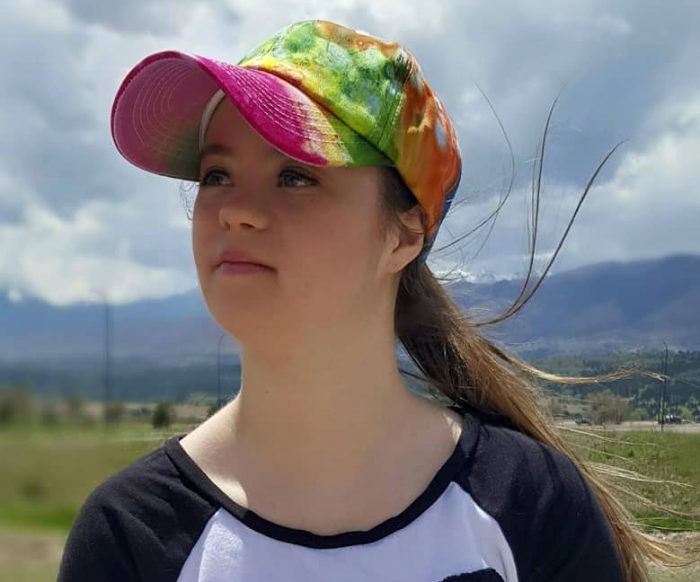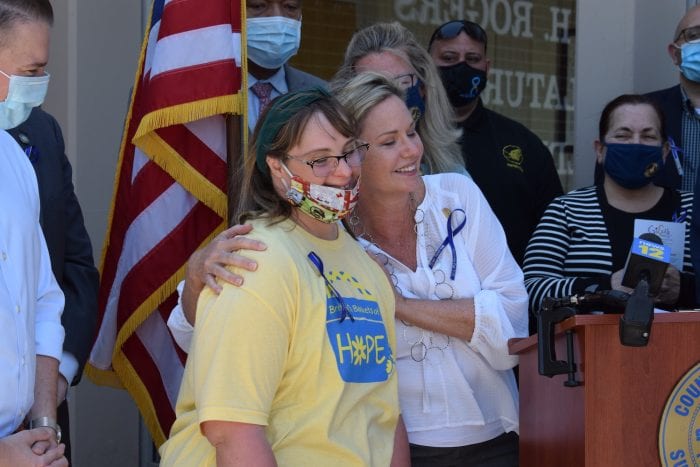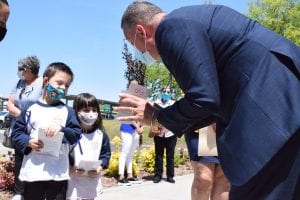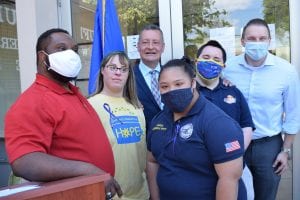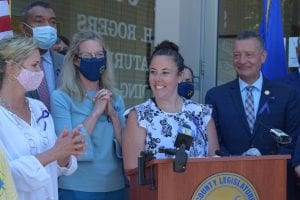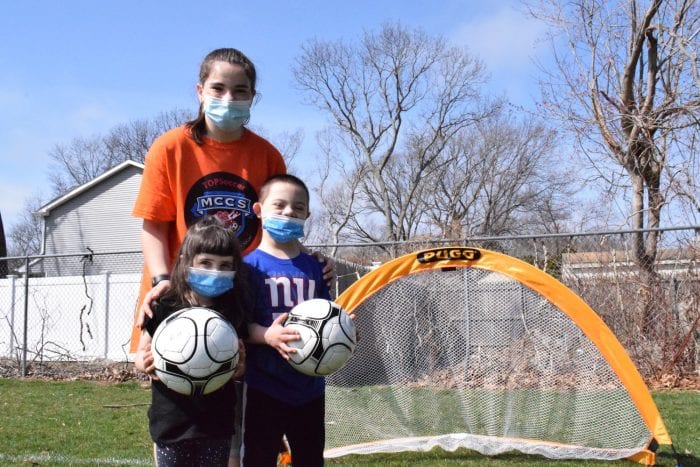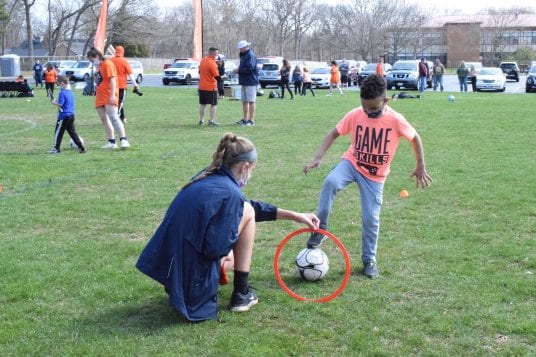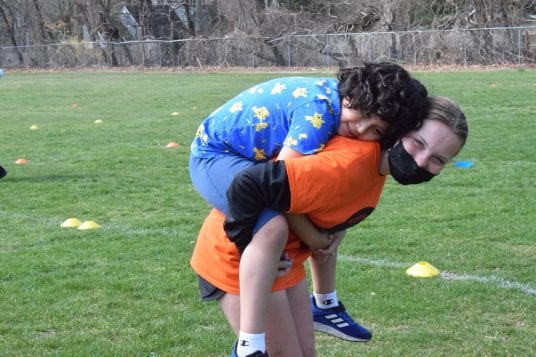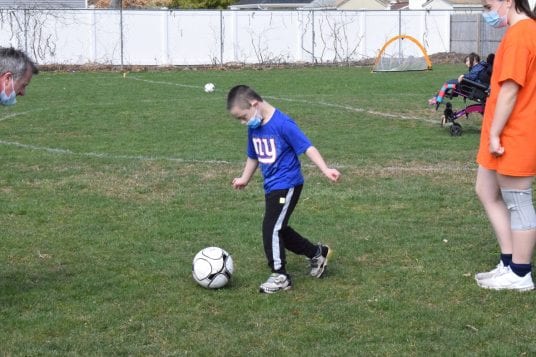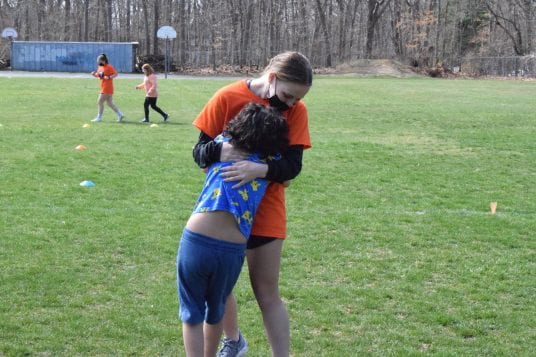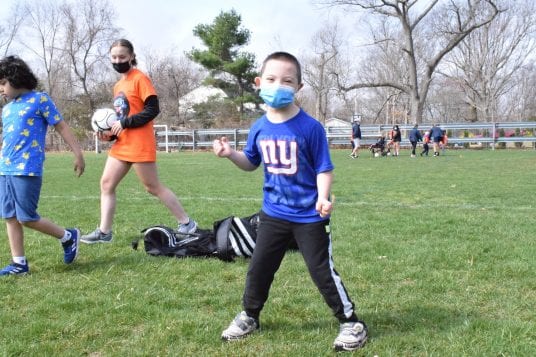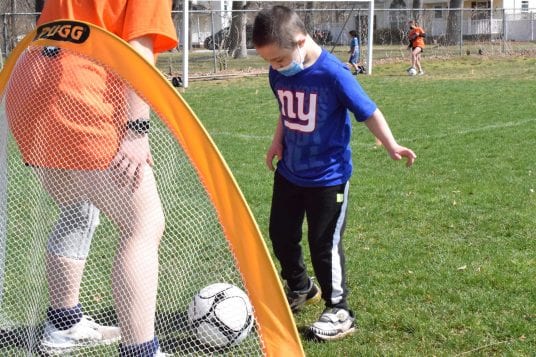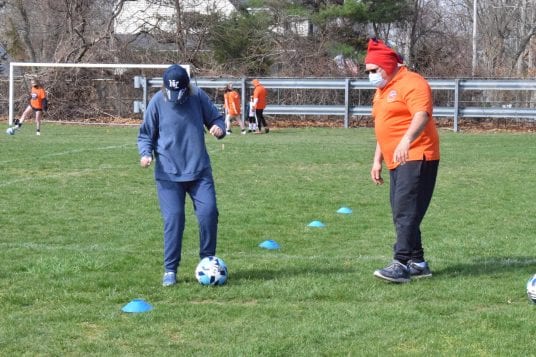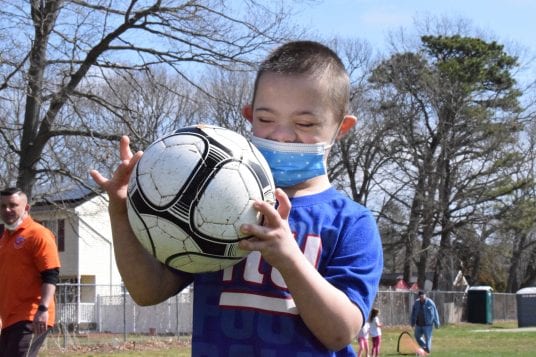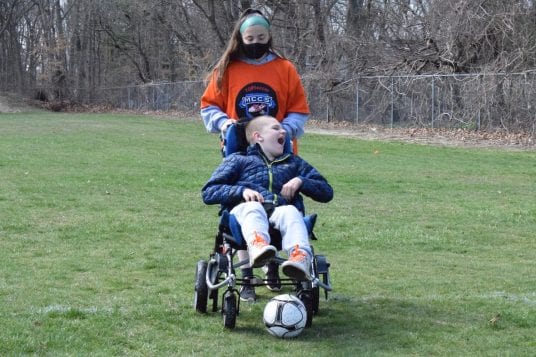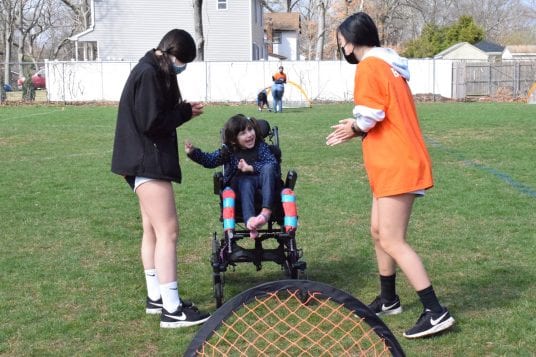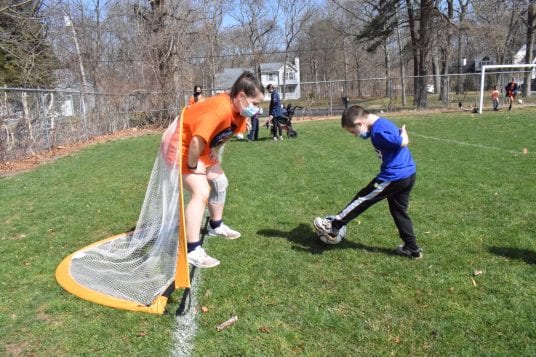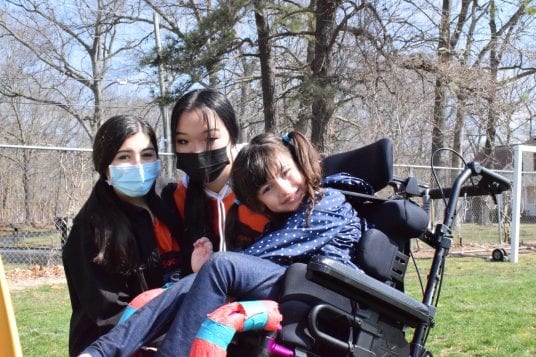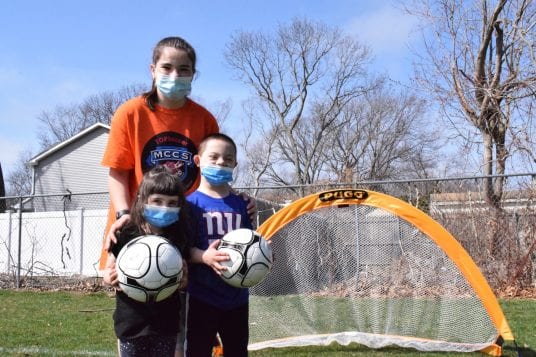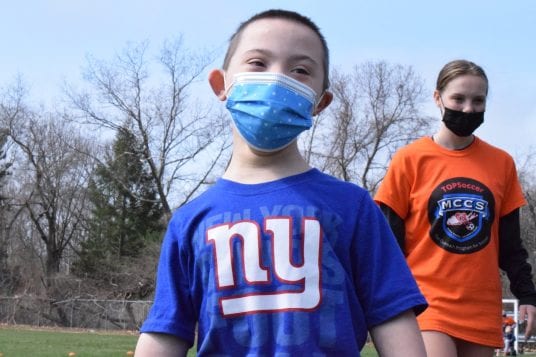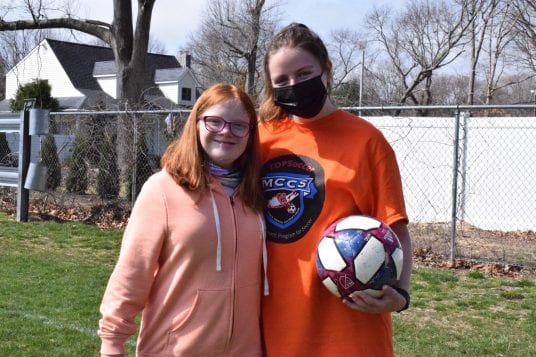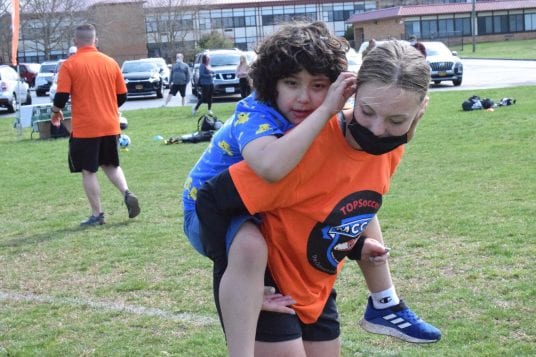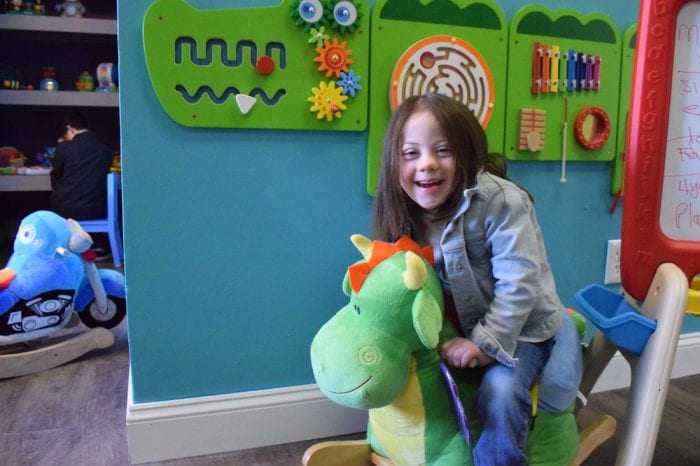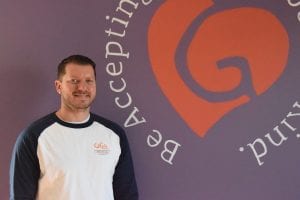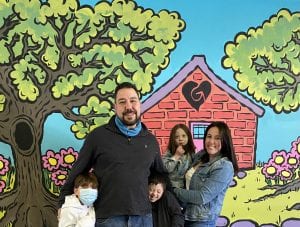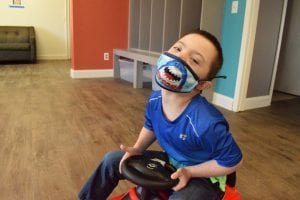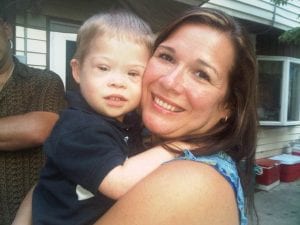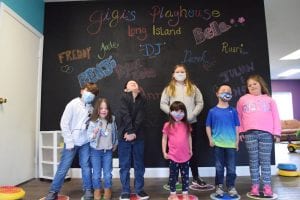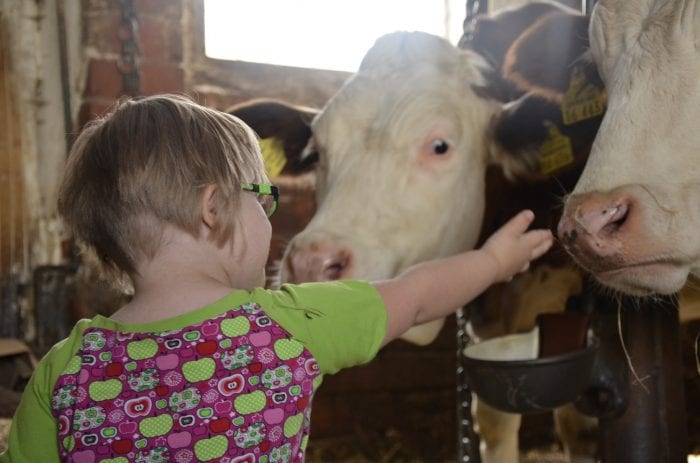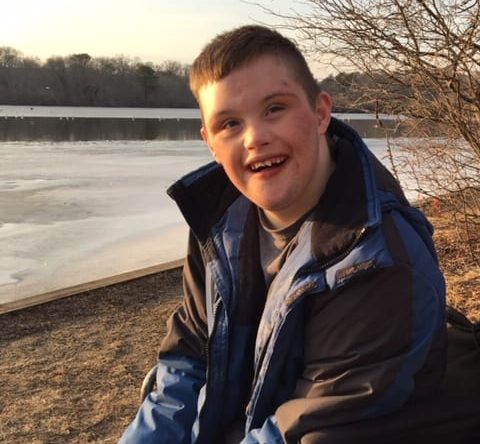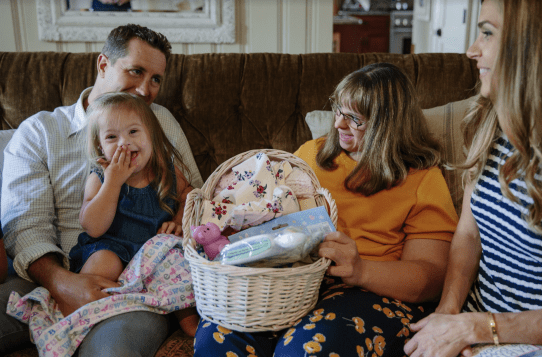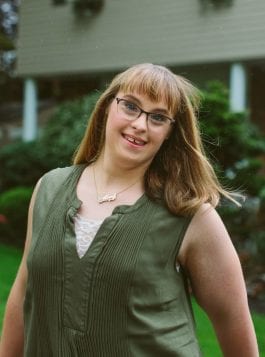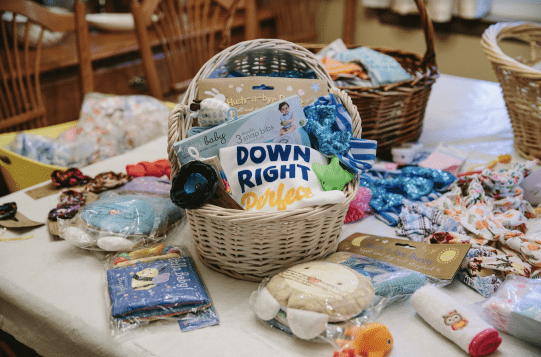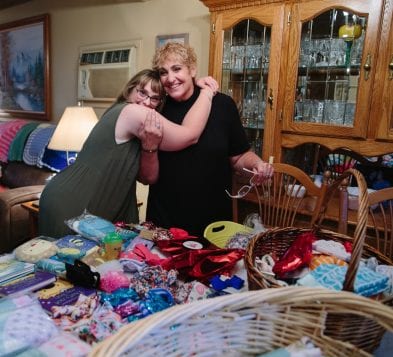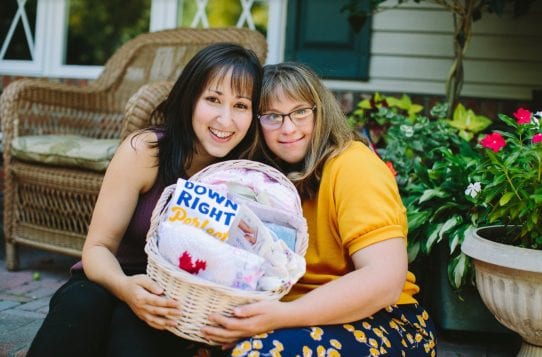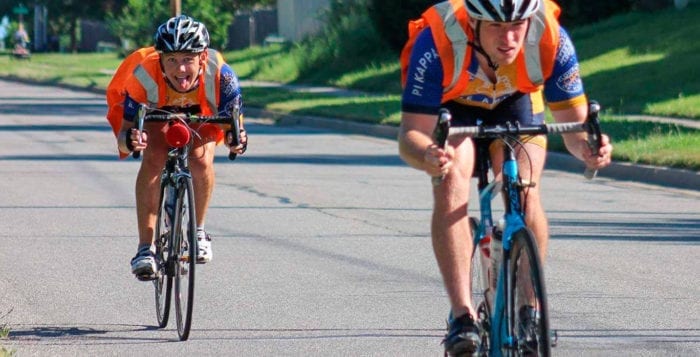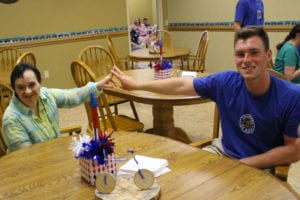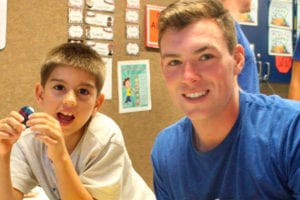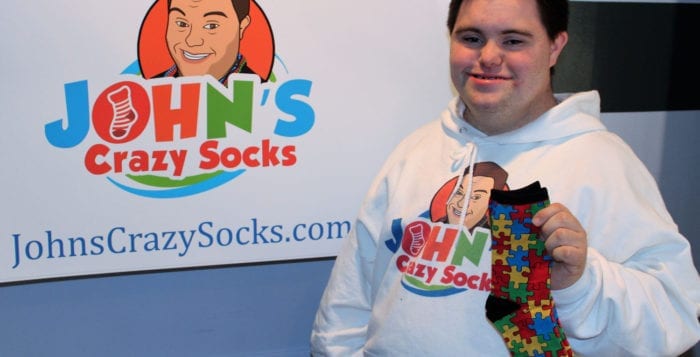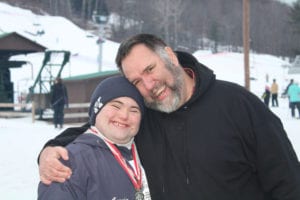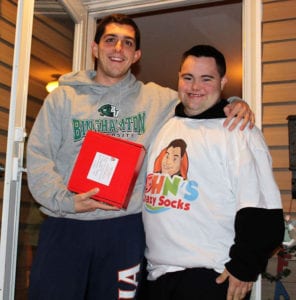By Leah S. Dunaief

“Born to Sparkle” is a book written, to my surprise, by a young woman with Down syndrome. The rest of the book title is “A Story About Achieving Your Dreams.” A review of the book appears in our Arts and Lifestyles section on page B23 in this issue, and it tells a heartwarming story about the author, Megan Bomgaars, who is 29 and lives in Denver. In the words of our reviewer, Melissa Arnold, the book “teaches kids that all of us are unique and have something special to share with the world, and if you dream big and work hard, you can achieve anything.”
Why am I surprised? Because my sister, who was two years younger than I, also was born with Down syndrome, and like Megan, on Thanksgiving Day but 50 years earlier in 1942. While she was clever and wonderful in many ways, Maxine could never have written a book, in part because she would never have been imagined to do so. What a difference that half-century makes.
There is a broad spectrum of Down diagnoses, and Maxine was pronounced “profoundly retarded,” which surely limited expectations for her life. While Megan’s motto is, “Don’t Limit Me!”, and she has become a motivational speaker and the owner of a business, the professionals who examined my sister Maxine told my parents to institutionalize her “because she won’t live very long anyway with that condition.” She lived to be 65.
It was my sister’s bad luck to be born five decades earlier, when mental retardation was considered a stigma for a family, and the response to such a birth was to hide the innocent person. Megan Bomgaars, by comparison, shared her life’s story on television with six others in the A&E docuseries “Born This Way.” The show went on to win an Emmy in 2016.
It was my sister’s good luck to have two parents who recognized her as a fully entitled member of our family and tried to give her every advantage that existed then, which were very few. When the principal of the elementary school that I attended refused to accept her into first grade, my mother asked for the “Dick & Jane” series with which first graders were taught to read and patiently worked with my sister at home for many hours a day. Eventually, Maxine could proudly read that primer. She could also do simple arithmetic, adding and subtracting, and she was very verbal.
In fact, that was the only difficult part of life with Maxine. She talked constantly and in a loud voice, as if she were on one side of a telephone conversation. Only two things could make her quiet down: music and baseball.
Maxine would sit quietly in the back of the room while I took piano lessons from a teacher who came to the apartment. After he left and I got up, she would slide onto the piano stool and play the melodies of the different pieces I had gone over with the teacher. We’re talking here Bach, Czerny and Mendelsohn. She also adored music that she would hear on the radio, especially show tunes that she could sing. And sing she did, in a Jimmy Durante voice. One of her favorites was “Oklahoma!”
Also, she loved to listen to baseball games on the radio and watch them played on our Sunday outings with our dad to Central Park. I don’t know if she followed the intricacies of the game, but she knew when to cheer and probably loved being part of the crowd.
Megan Bomgaars loved going to school and was a cheerleader in high school. My sister also attended a school in Brooklyn that was operated by Catholic Services. A bus would pick her up, along with my mother, each day and drive them to Brooklyn. Incidentally, my mother never let her out of her sight. My parents protected Maxine from a world that could not always be kind and safe. But for Megan, a person who incidentally has Down syndrome, today society learns from her.

